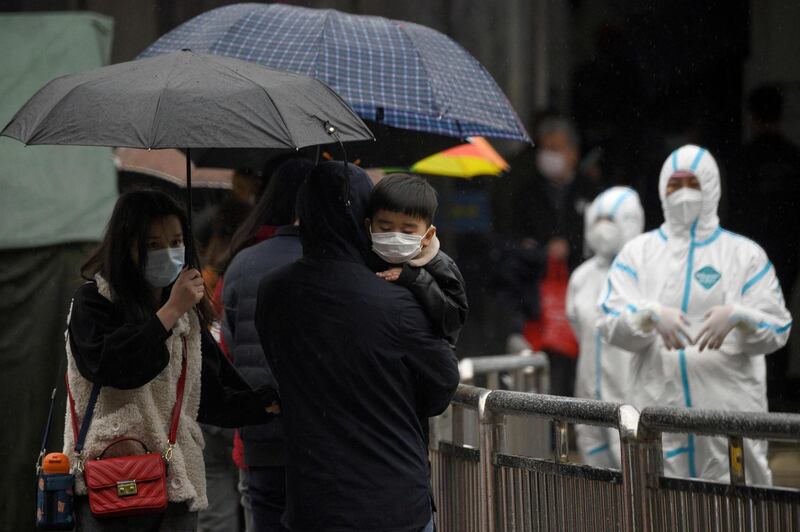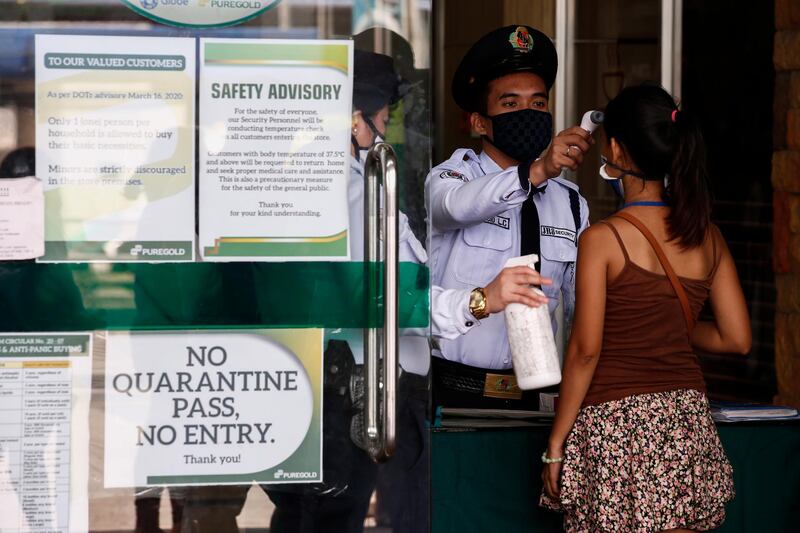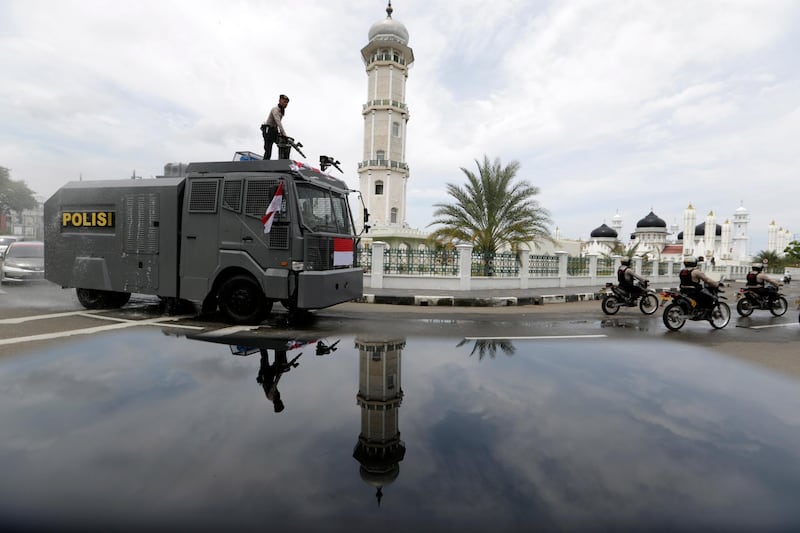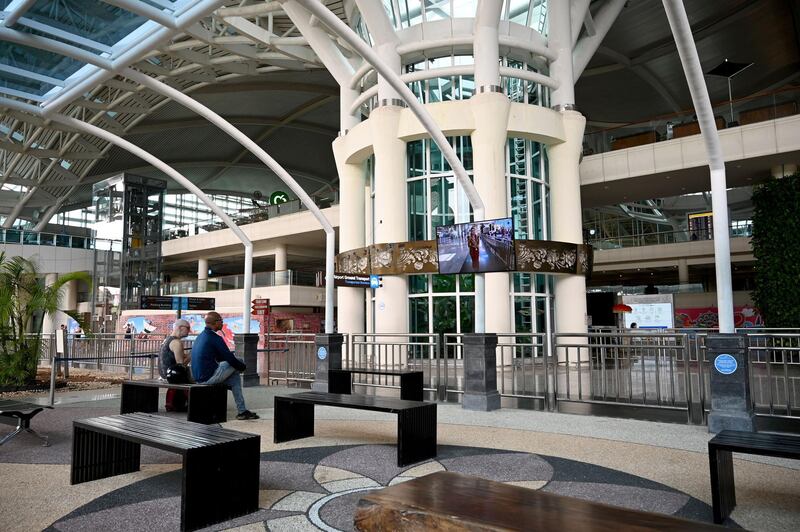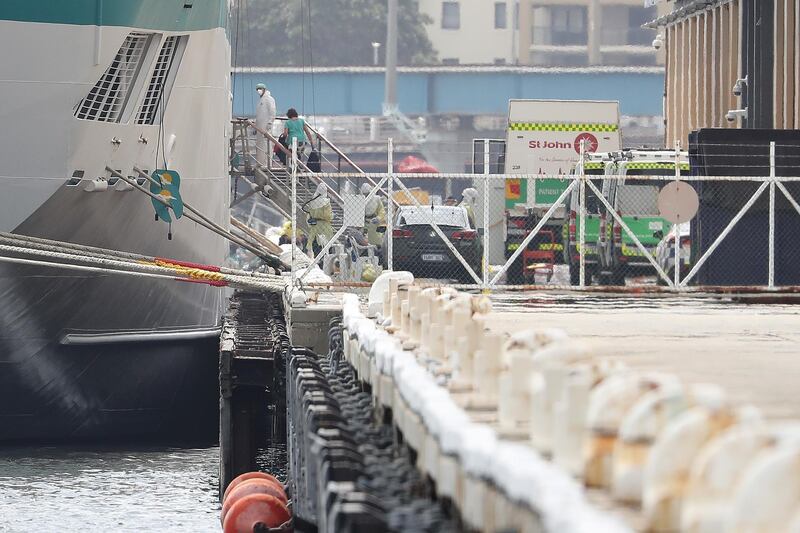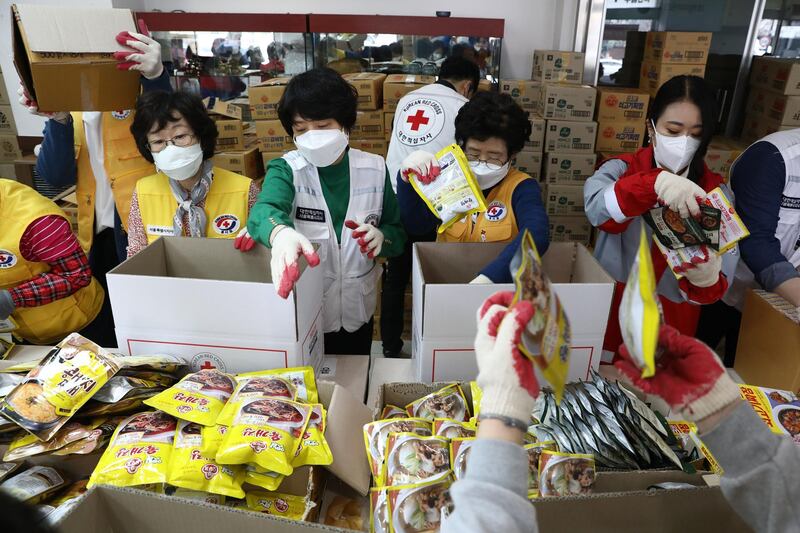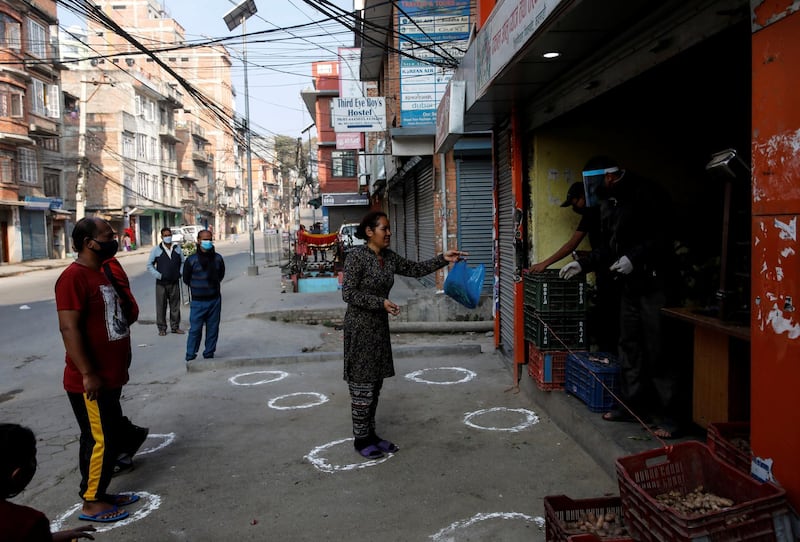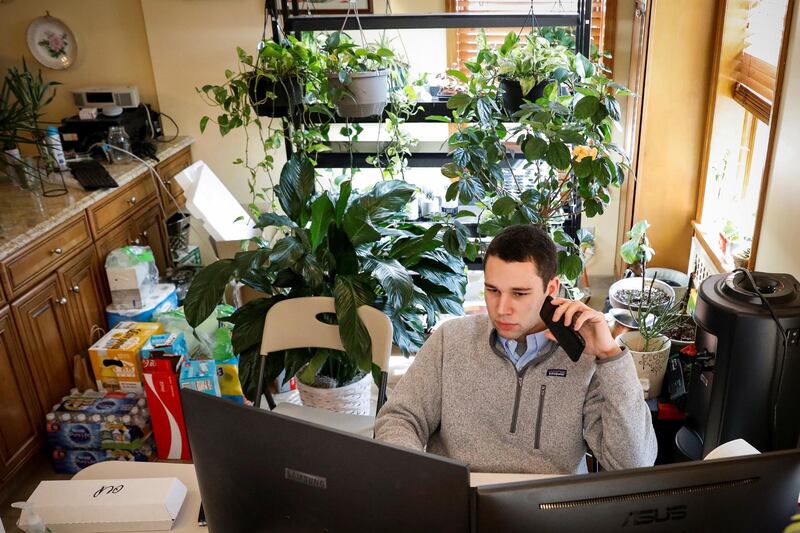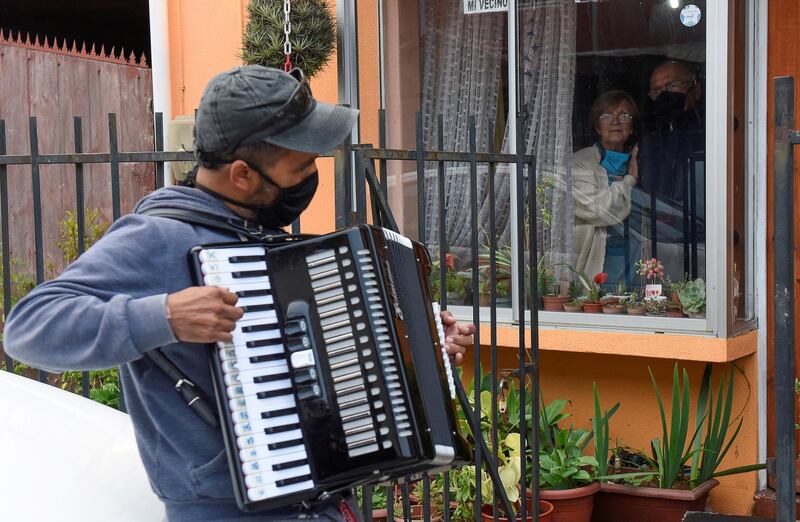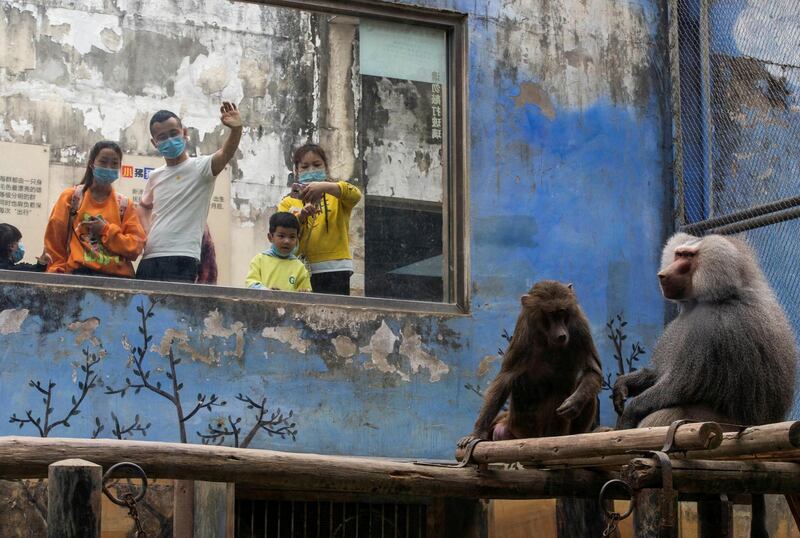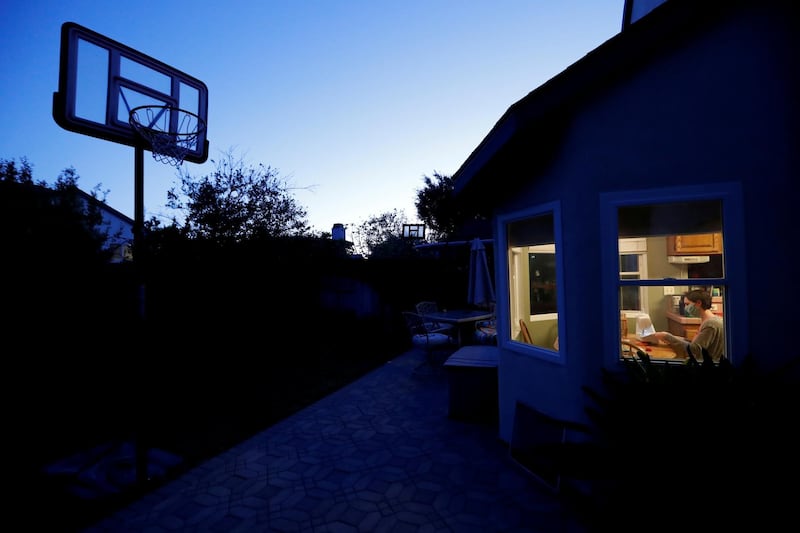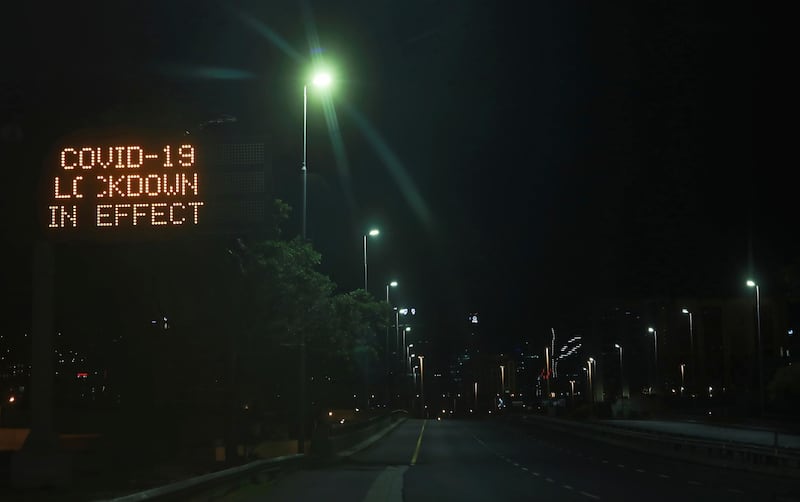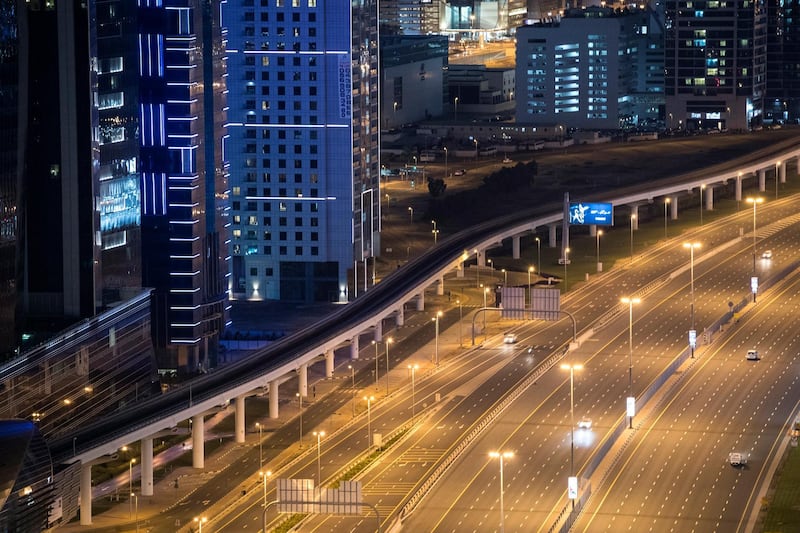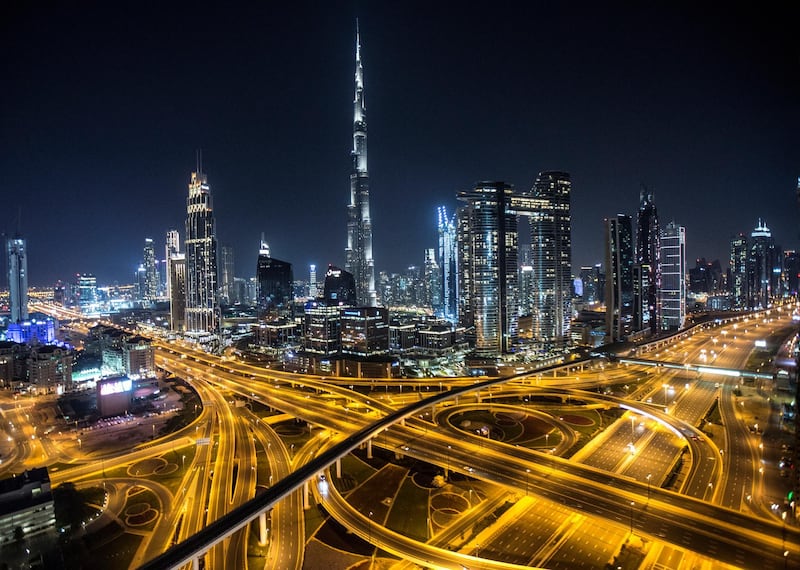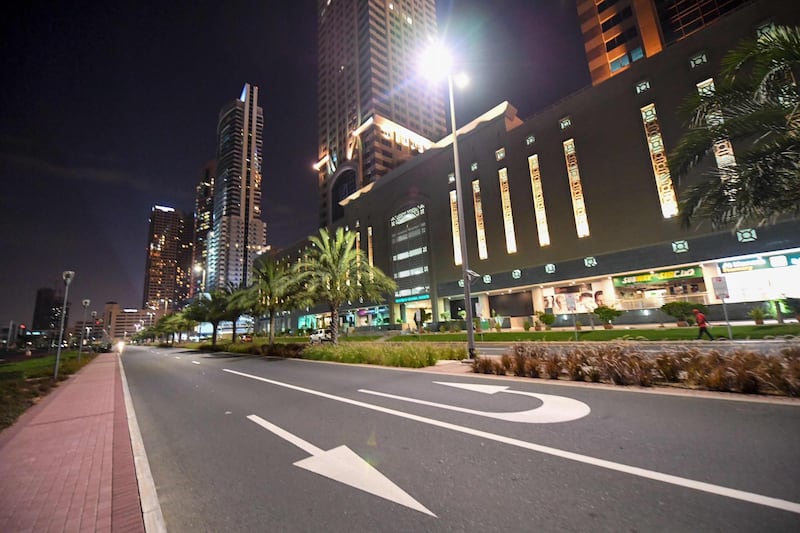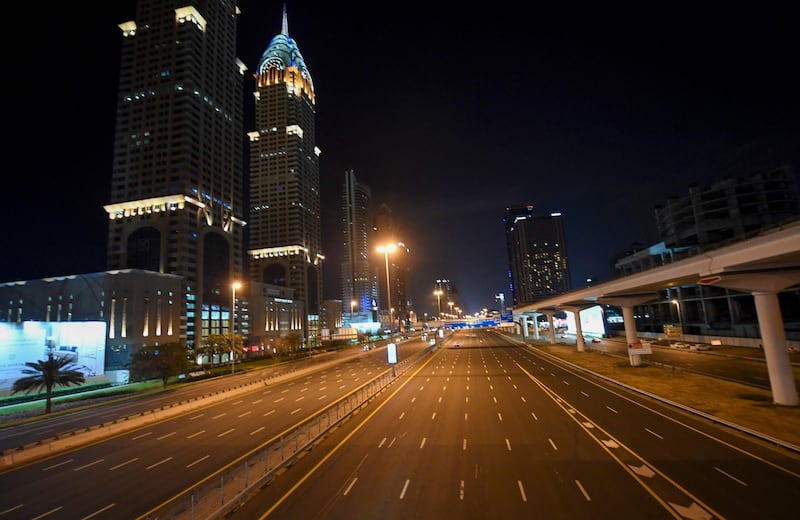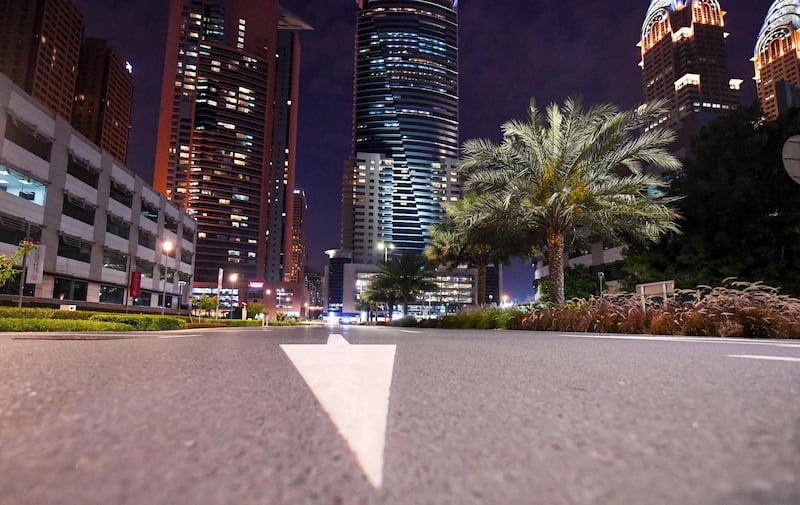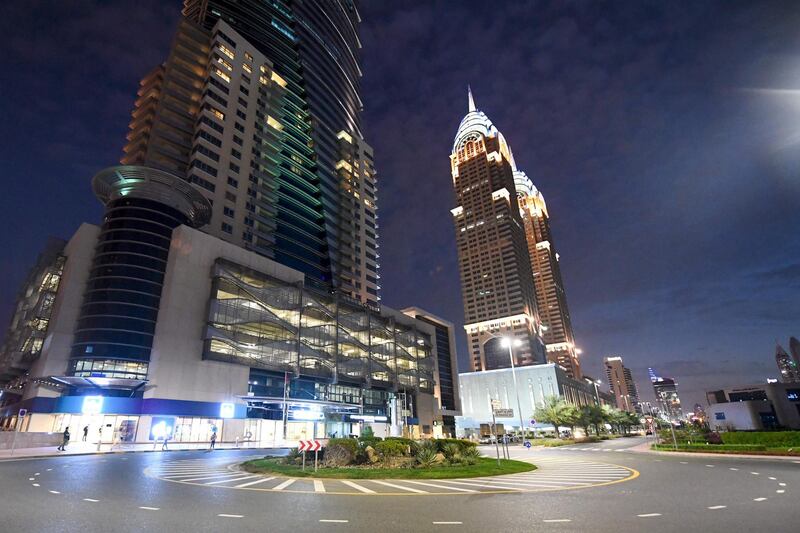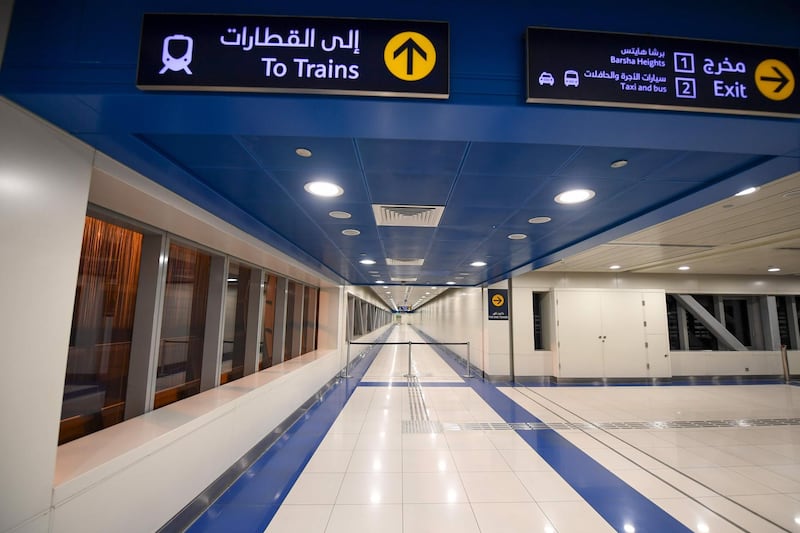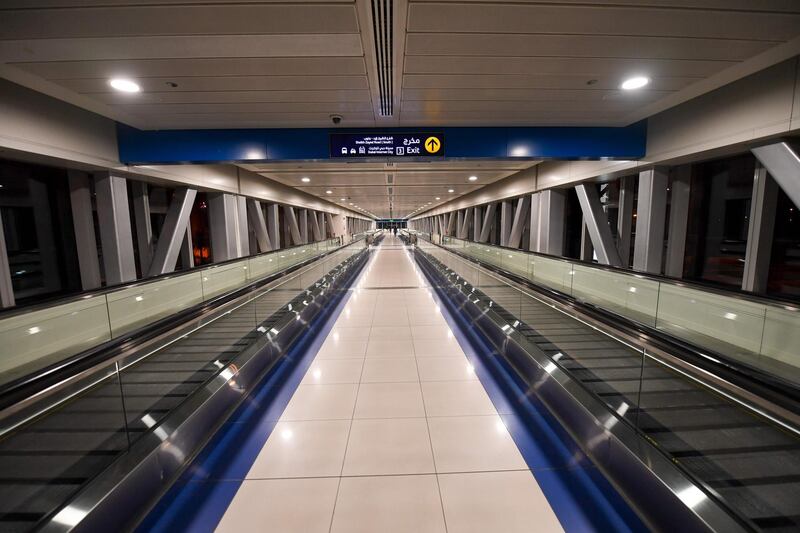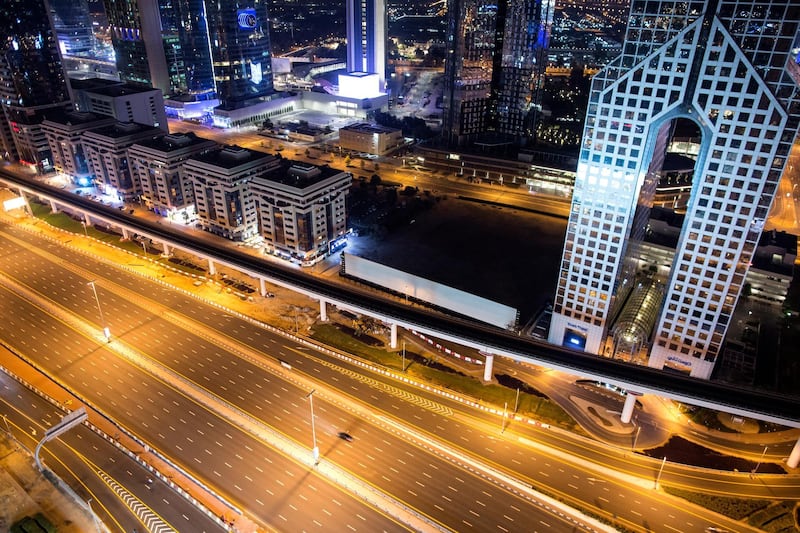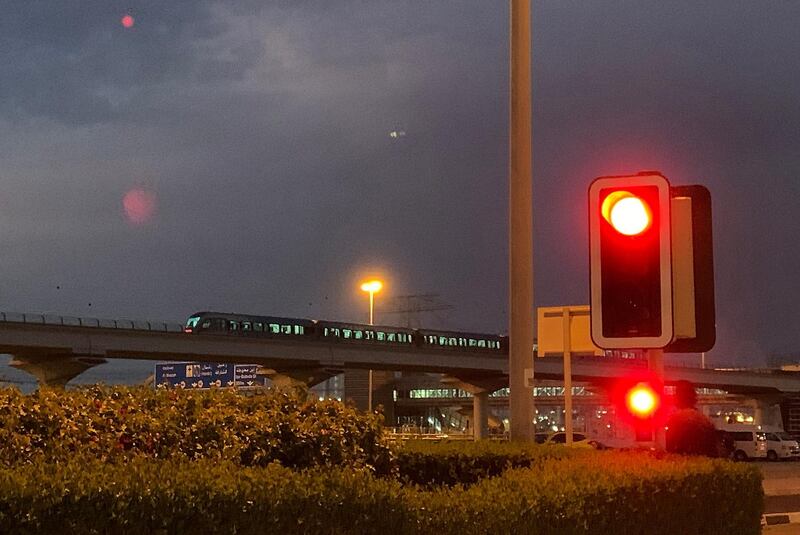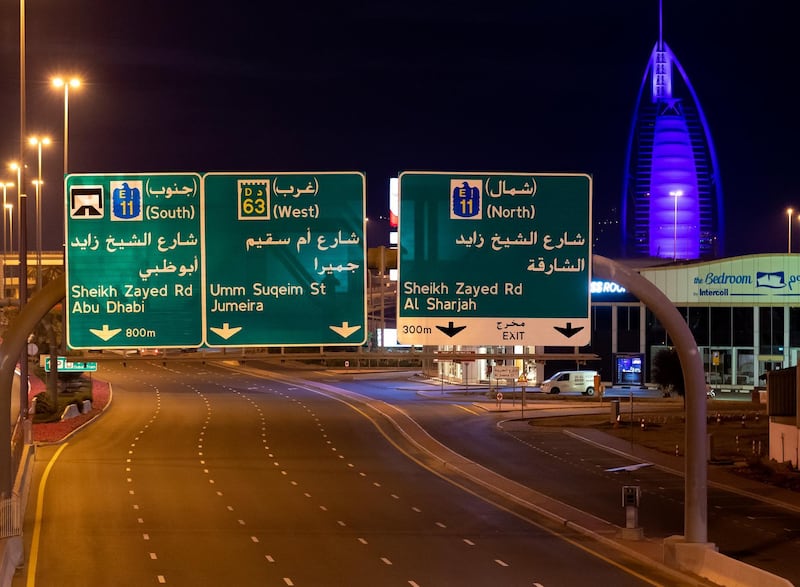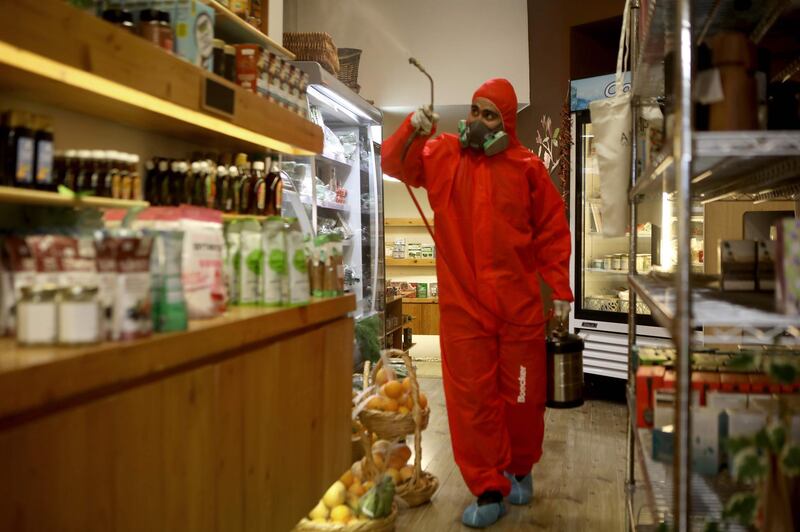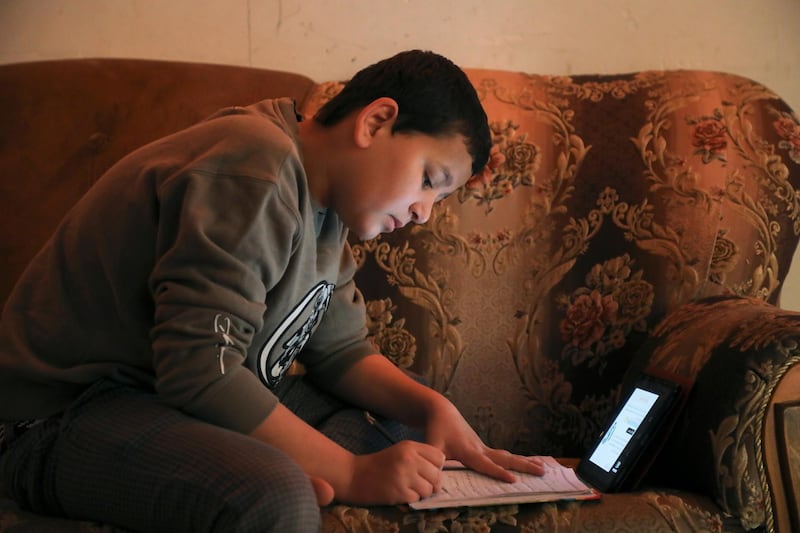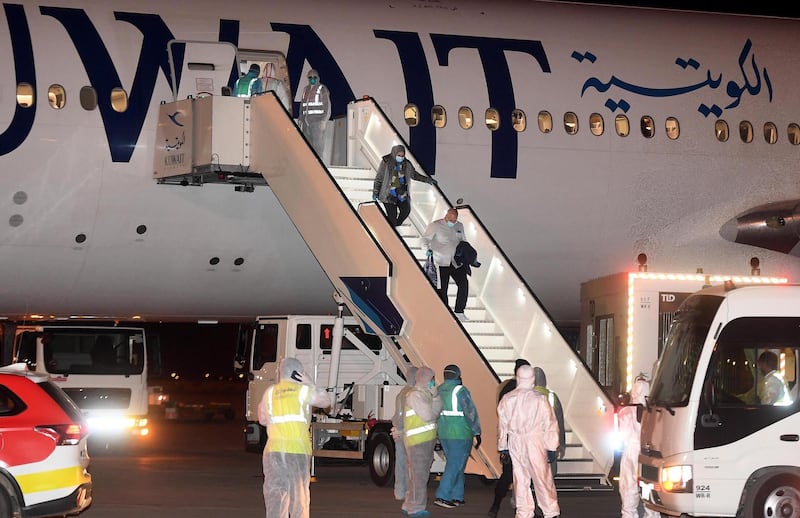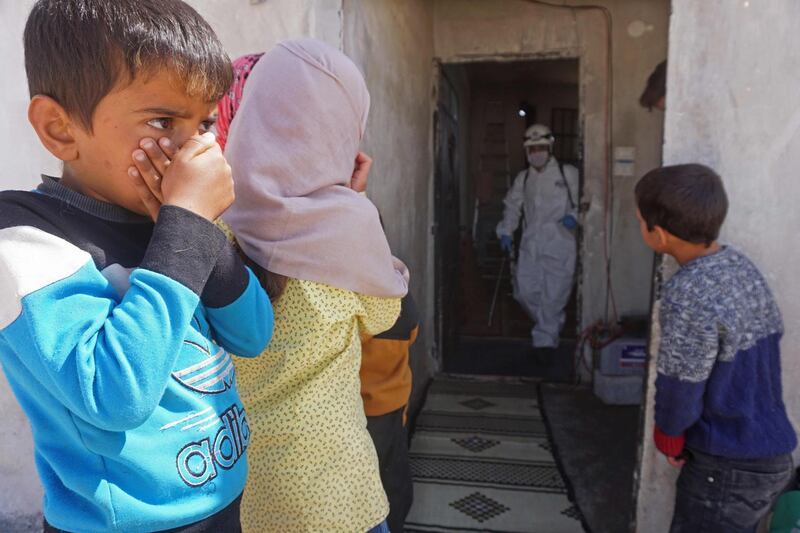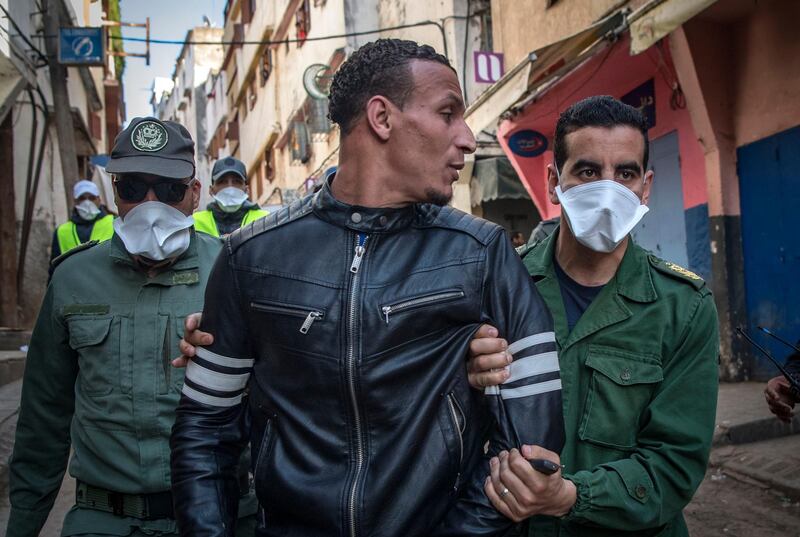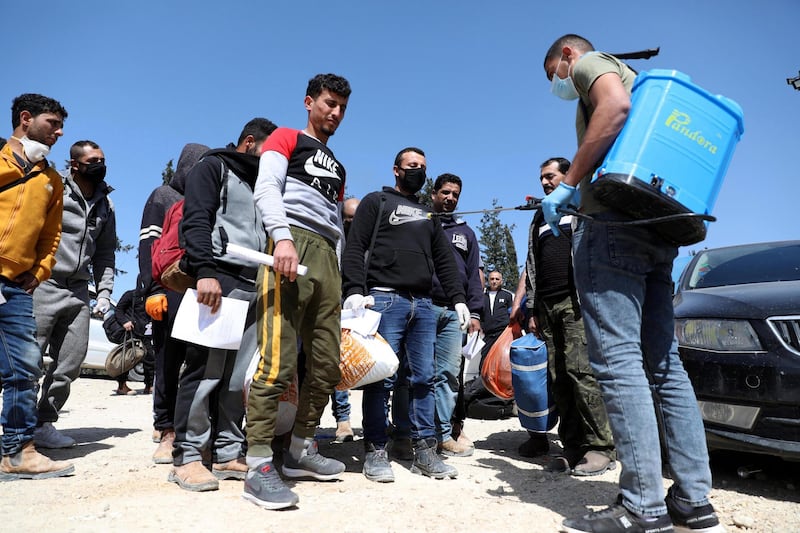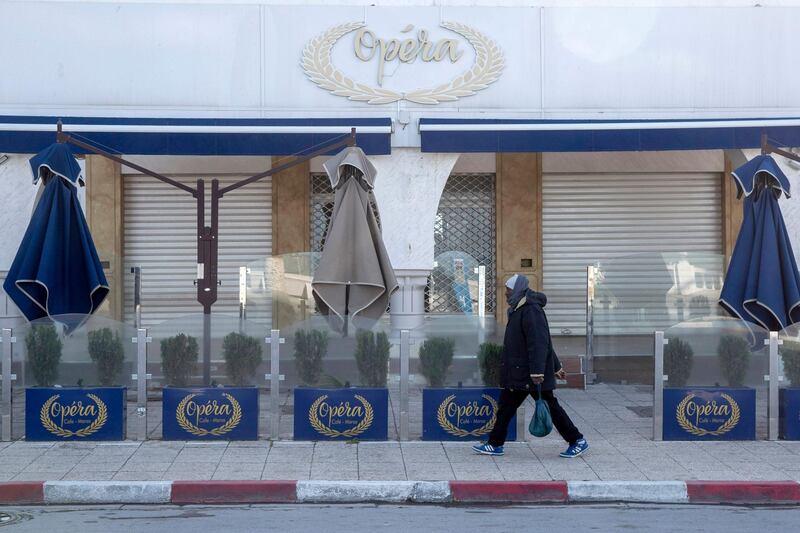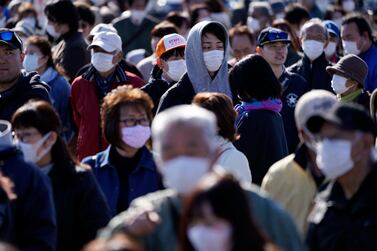With numbers surging, the United States has now overtaken China to report the largest caseload of coronavirus patients in the world.
With 85,000 cases, the US passed China’s 80,000 infected and Italy – the hardest-hit country in Europe – is on course to pass the threshold within hours.
The coronavirus has now infected over 530,000 people worldwide and killed at least 24,00 people. At least 123,000 have recovered. China, Italy and the United States account for almost half of global cases.
For most people, the coronavirus causes mild or moderate symptoms, such as fever and cough that clear up in two to three weeks. For some, especially older adults and people with existing health problems, it can cause more severe illness, including pneumonia and death.
US President Donald Trump and Chinese President Xi Jinping spoke by phone on Friday in a bid to repair strained relations after days of traded blame for starting the virus.
Chinese media quoted Mr Xi telling Mr Trump that relations between the countries were at an “important juncture” and said that “working together brings both sides benefits, fighting hurts both. Cooperation is the only choice.”
For the past week, Mr Trump has been calling the coronavirus the Wuhan virus after Chinese Foreign Ministry officials claimed repeatedly that there was evidence the disease was created in a US lab and brought to China by the military. No evidence has been provided and the US dismissed the accusation.
Mr Xi said he hopes Mr Trump will take “substantive actions” to improve relations that are “without conflict and confrontation …[but based on] mutual respect and mutually beneficial cooperation.”
The number of cases in China has been flat for several days with the National Health Commission on Friday reporting 55 new cases, including 54 it said were imported infections in recent arrivals from overseas.
Once again, there were no new cases reported in Wuhan, the provincial capital where the coronavirus emerged in December. China is barring most foreigners from entering as it tries to curb imported cases.
Most cases in China have recovered – 74,181 people got better out of the 81,782 confirmed cases – and cities, including Wuhan, have begun to reopen and ease travel restrictions.
However, elsewhere doctors are reporting surging cases arriving in hospitals.
In Italy, where the fatality rate has been one of the highest in the world, doctors have described making life and death decisions about who to treat as overloaded wards have to prioritise those with the best chance of survival.
Stay home to stop the spread
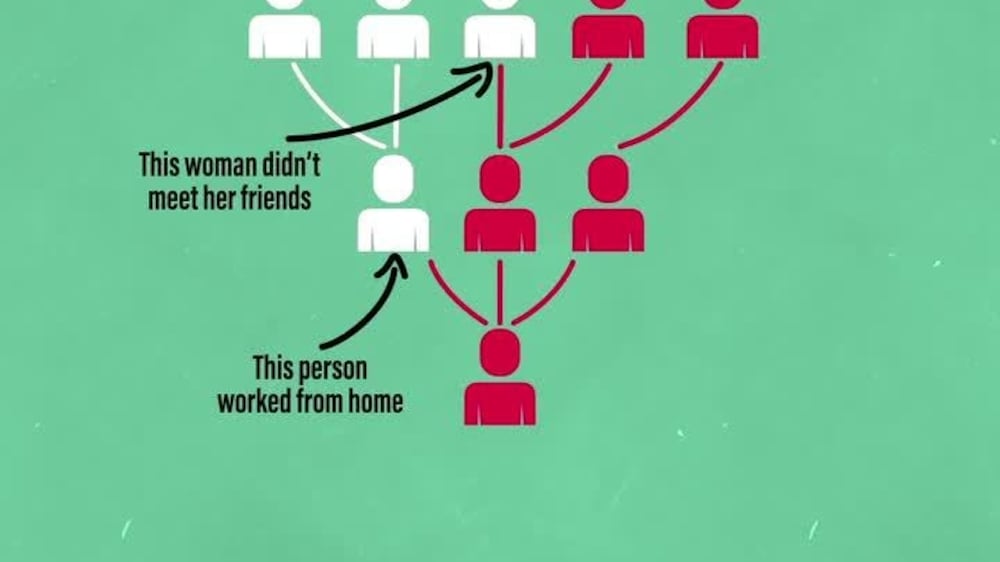
More than a third of the 24,000 global deaths from Covid-19, the disease caused by the coronavirus, have been in Italy, according to a Johns Hopkins University tally.
In London, the epicentre of the UK’s cases, doctors are reporting the already rapidly expanded intensive care wards filling up fast. The government has hastily taken over the ExCel convention centre in east London and is building NHS Nightingale – a field hospital in the 2km long halls holding 4,000 beds.
In the UK, 510 people have now died.
The US had about 1,300 deaths, almost a quarter of them in New York City, where hospitals are overwhelmed and field clinics are being set up hastily. The US Navy has also deployed USN Comfort to the city to provide more capacity for stretched hospitals.
Around the world, governments are stepping up their response but without a vaccine, most are attempting to slow the spread by quarantining cities, regions and even entire countries.
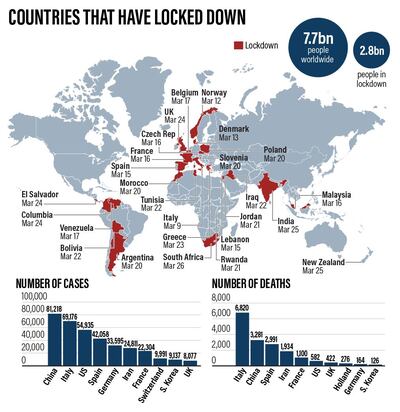
The stay-home order for India’s 1.3 billion people threw out of work the backbone of the nation’s economy — rickshaw drivers, fruit peddlers, cleaners and others who buy food from whatever they can earn in a day. The government announced a $22 billion stimulus to deliver monthly rations to 800 million people.
In some parts of India, people got rice rations or bank deposits from local authorities, and aid groups were working to expand their reach. The nation’s vital and massive train system was also halted, and jobless workers are now attempting to walk hundreds of miles to their home villages from India’s major cities.
Elsewhere around the world, South Africa, with the most industrialized economy in Africa, began a three-week lockdown on Friday as the first death was recorded. The country is already in recession, with an unemployment rate of 29 per cent.
In the Middle East, Saudi Arabia has locked down the capital, Riyadh, and Islam’s two holiest cities, Makkah and Medina, in addition to a nationwide curfew.
Empty streets in UAE as disinfection drive goes under way
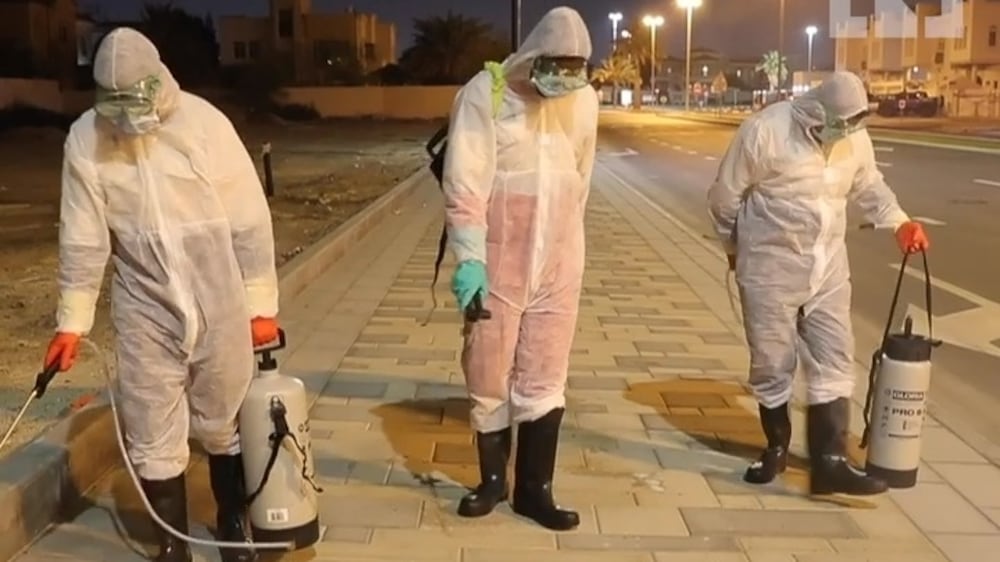
In the United Arab Emirates, authorities called on people to remain home over the weekend as authorities use used drones and other equipment to disinfect the country.
Jordan and Lebanon too have ordered nationwide lockdowns, while Iraq and Egypt have put in place overnight curfews.
Afghanistan recorded the first death in a 55-year old man returning from the UK and announced 11 new cases bringing the national total to 95.
As cases continue to rise, the economic damage of the pandemic is growing.
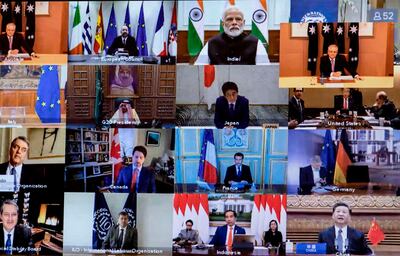
The leaders of the Group of 20 major industrialized nations met in a video summit chaired by Saudi Arabia’s King Salman on Thursday. While they vowed to work together to confront the crisis but made no specific commitments.
Companies in Europe are laying off workers at the fastest pace since 2009, according to surveys of business managers.
In the US, a record-shattering 3.3 million Americans applied for unemployment benefits in a single week. The number is nearly five times the previous record, set in 1982.
But as the US bleeds jobs, President Trump said the jobless figures were “nobodies fault” despite critics accusing the White House of a slow and confused response.
Washington, DC, confirmed 36 new cases Thursday, raising its total to 267.
The district is under a state of emergency, its major attractions like the Smithsonian museums and National Zoo closed and White House and Capitol tours cancelled.
Police have blocked off streets, bridges and traffic circles to prevent crowds coming to see Washington’s blooming cherry blossom trees.
Democrats and Mr Trump’s critics are blaming the White House of a bungled response to the crisis rife with mixed messages.
Mr Trump spent much of early March dismissing the threat of the virus and calling it a Democratic hoax to hurt his campaign for re-election in November.
On March 7, Mr Trump said that he was not concerned about the virus at all and as late as March 16, he was saying that the virus would soon “wash away”.
The president has also blasted the work of governors in hard-hit states such as Mark Como in New York.
But despite some of the fastest falls on the stock markets in the last century, Wall Street rallied for the third straight day after an unprecedented $2.2 trillion economic rescue package to help businesses, hospitals and ordinary Americans pull through the crisis won passage in the Senate.
The rescue plan, which is expected to be voted on in the House on Friday, would dispense checks of $1,200 per adult and $500 per child. – additional reporting by agencies
